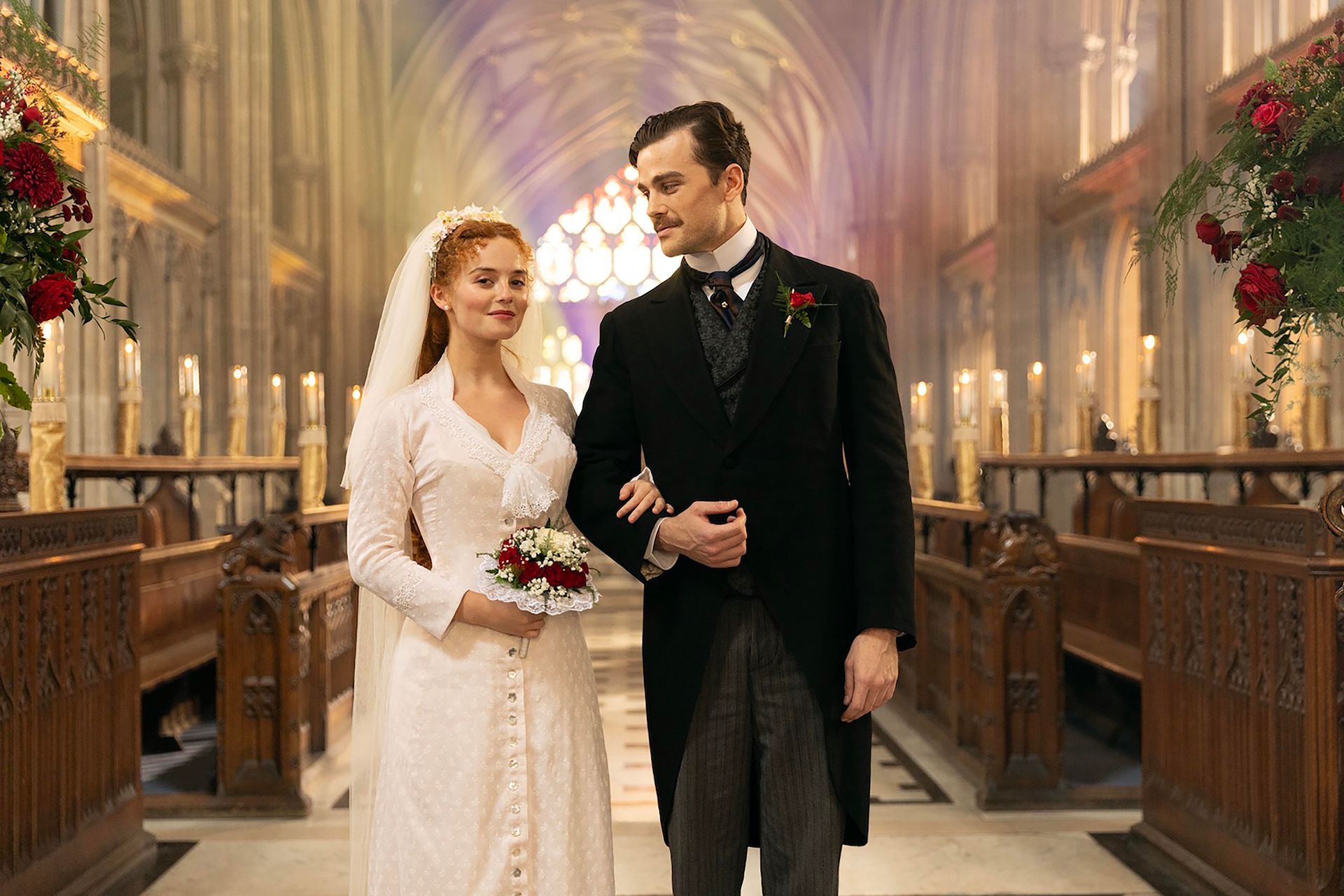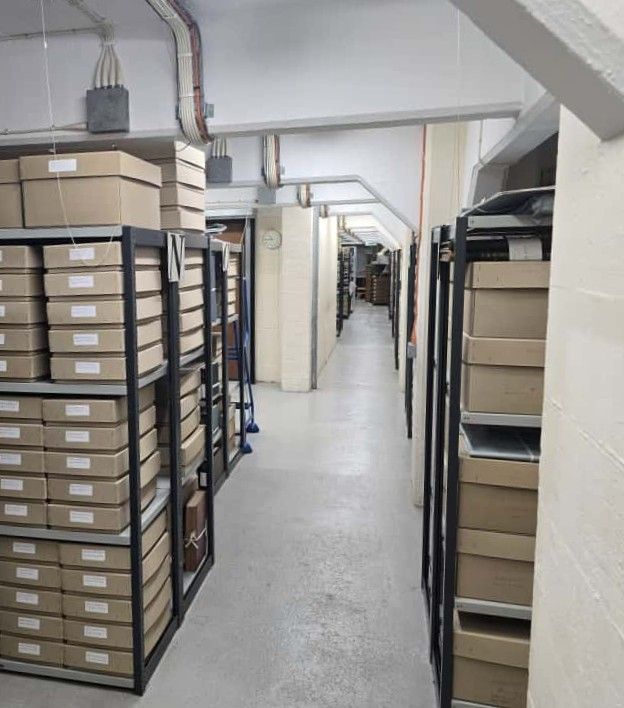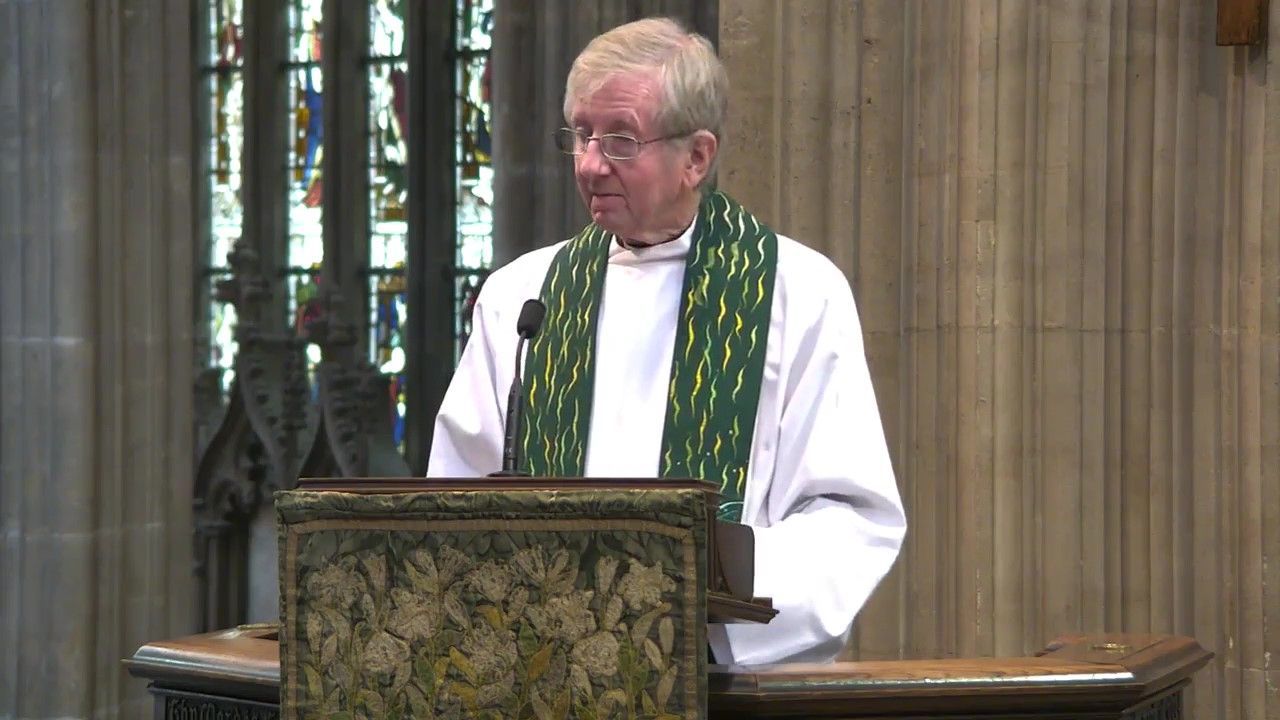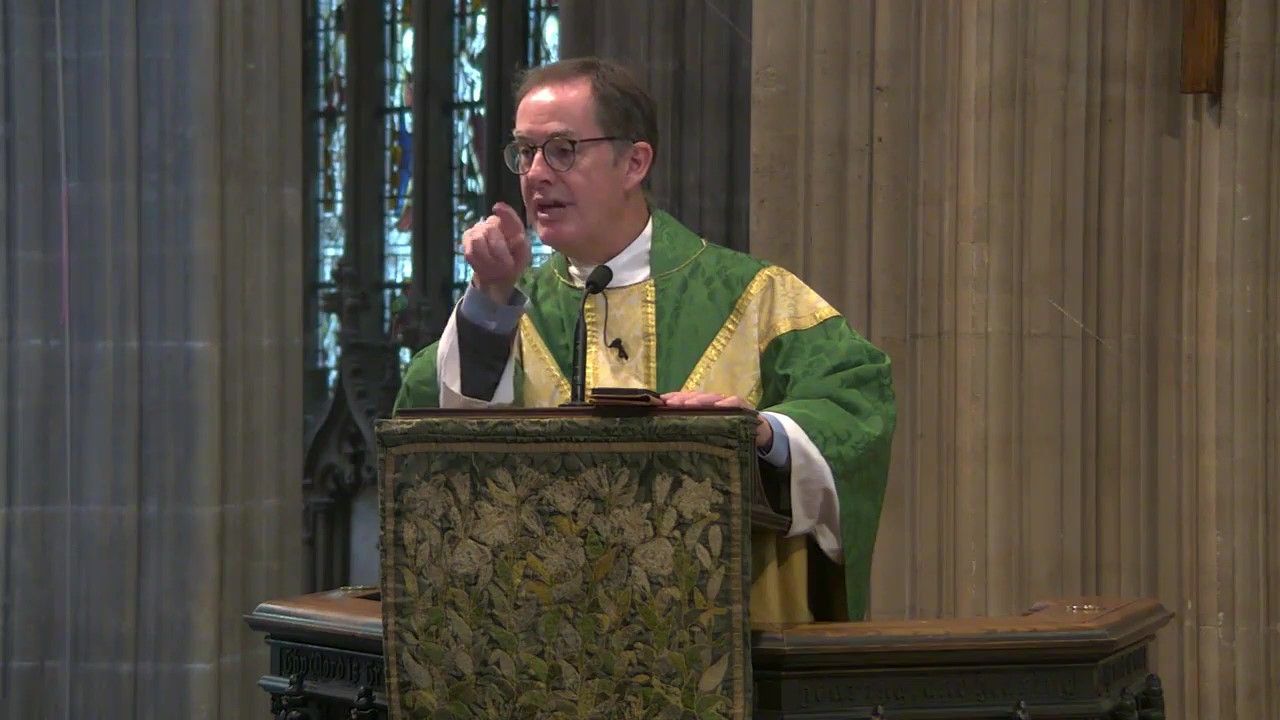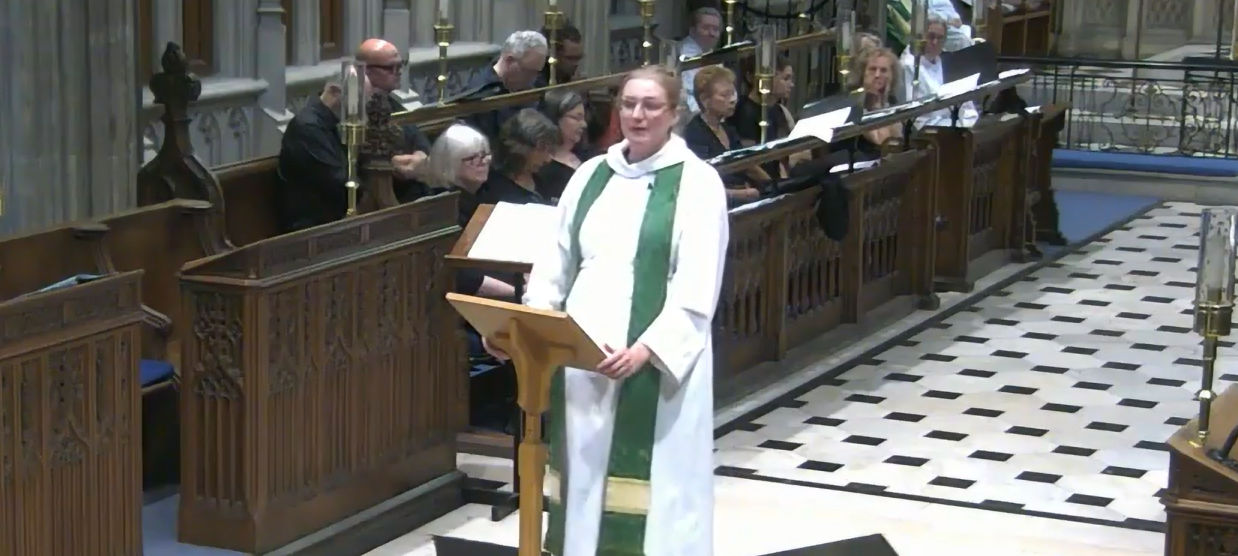What must I do to inherit eternal life?
I wonder if this is in the same territory as the response to those who ask whether the amount we should tithe should be calculated before or after tax? And what is that response? "If you're asking that question, you're missing the point."
This question is asked by a man who runs up and kneels at Jesus' feet. In my mind, I see a kind of "doorstopping" going on: one of those moments where journalists are camped outside a politician's or celebrity's house waiting for them to emerge so that they might shout out a question and hopefully get a soundbite for their news report which, in an ideal world, will undermine the politician or celebrity by showing them up to be deceitful, dishonest or disloyal. Just as Jesus is setting out on a journey, so our fictitious celebrity is heading out; just as Jesus is pounced upon by this man, so our celebrity is bombarded with questions and demands for comment.
So the doorstepper shouts out "What must I do to inherit eternal life" and Jesus remarks "You know what you must do." This doesn't seem to answer the question well enough for this man; he is not convinced that these actions (despite being listed by the Son of God) is a sufficient checklist for a one way ticket to eternity. We then read that Jesus looked at him, loved him and then said he must sell everything, give the money to the poor and then follow him. "When he heard this, he was shocked and went away grieving, for he had many possessions."
There is a very real difference between the verbs to look, to speak and to love. Jesus does indeed tell the man what he must do, but in doing so he demonstrates how we are in the same territory as my opening paragraph about tithing and taxation. It's all very well to look and to speak: those are rational and pragmatic words describing actions that are functional and transactional. That third verb, sandwiched between the two others, is the key, the gamechanger: to love.
Anyone who has ever been in love knows that it fails the test of rationality and releases activity way beyond the scope of the transactional. To love may be a verb, it may be something we do, but not in the same way as we do our looking and speaking. The way we do our loving is by being in love, or (in the Christian sense) by deciding that we shall, no matter how we feel, love one another as Christ has loved us.
Question: "Good teacher, what must I do to inherit eternal life?"
Answer: "If you're asking that question, you're missing the point."
